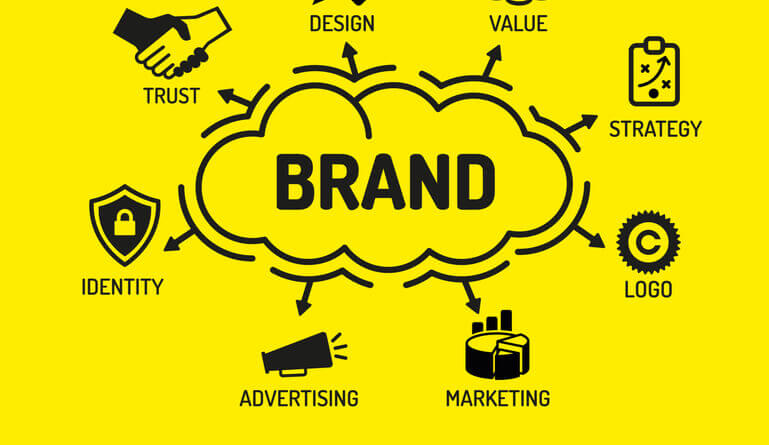Branding
In today's fast-paced and competitive business world, branding has become more critical. It is the secret ingredient that sets successful companies apart from the rest. A strong brand helps a business stand out in a crowded marketplace and creates a lasting connection with its target audience. From the iconic Apple logo to the instantly recognizable Coca-Cola script, the power of branding is undeniable.
What is Branding?
Branding goes beyond just a company logo or a catchy tagline. It encompasses the entire identity and perception of a business. It is the art of creating a unique and consistent image that resonates with customers and distinguishes a brand from its competitors. It is a company's promise to its customers and the overall experience associated with its products or services.
The Elements of a Strong Brand
- Purpose and Values: A strong brand starts with a clear sense of purpose and core values. It defines why a business exists and what it stands for. Purpose-driven brands often attract loyal customers who share the same beliefs and ideals.
- Identity and Visuals: Visual elements such as logos, colors, typography, and design play a crucial role in brand recognition. A well-designed logo can become an iconic symbol instantly associated with a brand, while consistent visuals across all touchpoints create a sense of familiarity and trust.
- Messaging and Tone of Voice: Effective branding involves developing a unique tone of voice that reflects the brand's personality. Whether playful and lighthearted or professional and authoritative, the tone should align with the target audience and resonate with their preferences.
- Consistency: Consistency is key in branding. Every interaction, from a social media post to a customer service call, should reflect the brand's identity and values. Consistency builds credibility and helps customers develop a sense of trust and loyalty.
- Customer Experience: A strong brand delivers an exceptional customer experience at every touchpoint. From the website design to product packaging to post-purchase support, every interaction should reinforce the brand's promise and leave a positive impression.
The Benefits of a Strong Brand
- Differentiation: A strong brand helps a business differentiate itself from competitors in a saturated market. It creates a unique selling proposition that sets it apart and attracts customers who resonate with its values and offerings.
- Recognition and Trust: A well-established brand is easily recognizable and evokes a sense of trust and familiarity among customers. When consumers encounter a brand they trust, they are more likely to choose its products or services over lesser-known competitors.
- Customer Loyalty: Building a solid brand cultivates customer loyalty. When customers connect with a brand emotionally and have positive experiences, they are more likely to become repeat buyers and brand advocates, promoting the brand to others.
- Premium Pricing: A strong brand can command premium pricing. Customers are often willing to pay more for products or services from a trusted brand that consistently delivers value and quality.
- Business Expansion: A strong brand opens doors for business expansion and diversification. It provides a solid foundation for introducing new products or entering new markets, as customers are likelier to try offerings from a brand they already know and trust.
Building a Strong Brand Strategy
To build a strong brand, businesses need a well-defined brand strategy. This includes conducting market research to understand the target audience, defining the brand's unique value proposition, and creating a cohesive brand identity. It also involves consistently delivering on the brand promise and actively managing its reputation through effective marketing and communications efforts.
In conclusion, branding is a powerful tool that shapes the perception of a business and drives its success. A strong brand sets a company apart, builds recognition and trust, cultivates customer loyalty, and creates opportunities.
